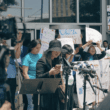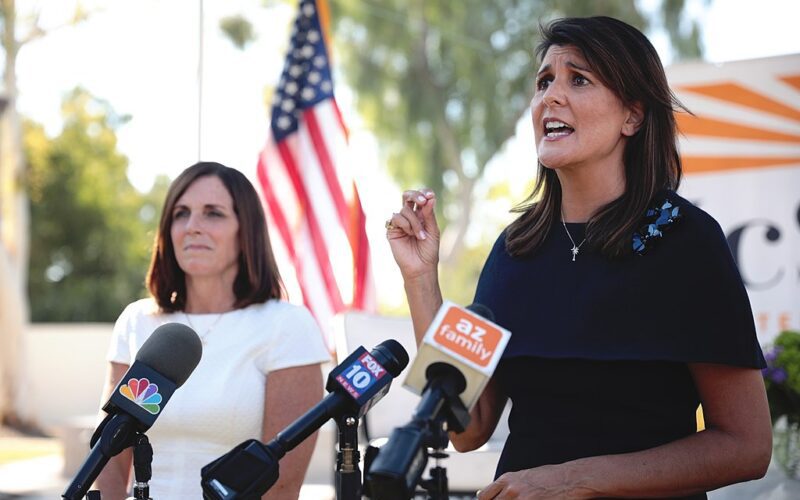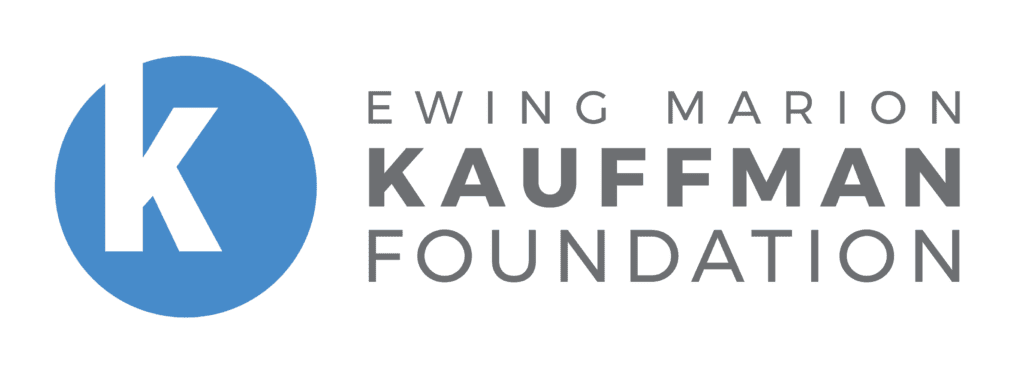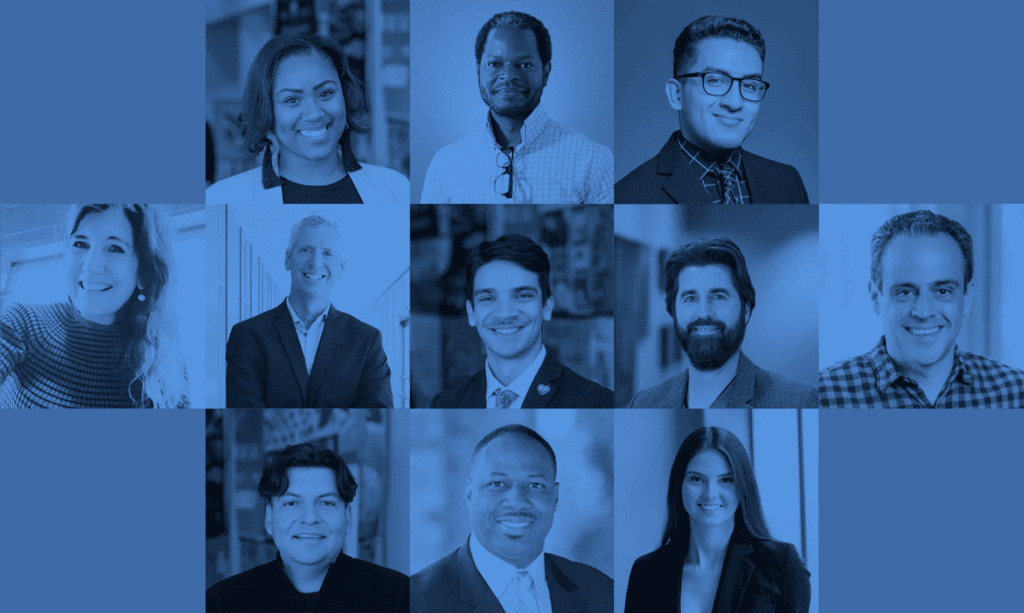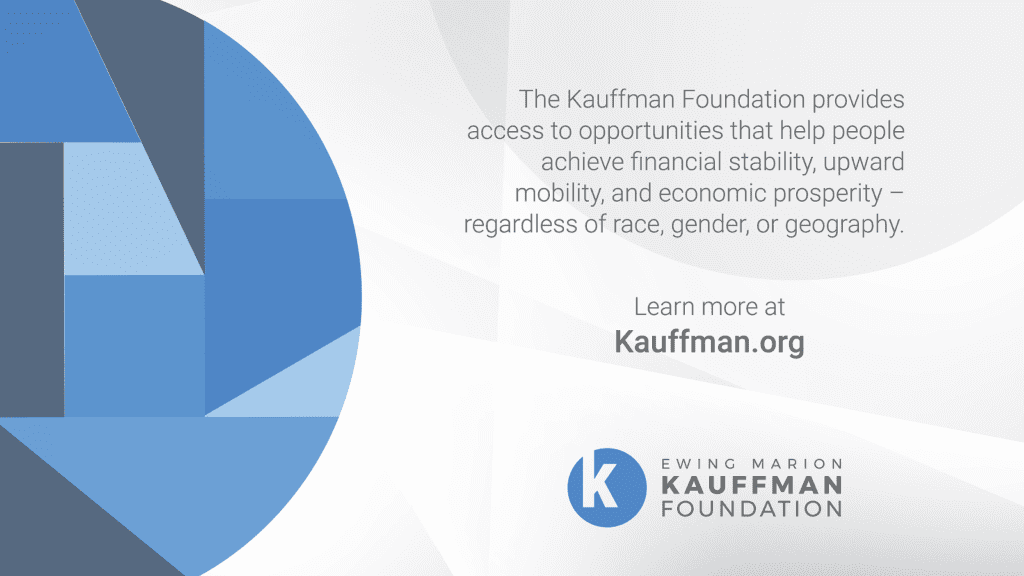? Good morning, and welcome to The Yappie’s AAPI politics briefing — your guide to the policy news and activism affecting Asian Americans + Pacific Islanders. Send tips and feedback to [email protected] and support our work by making a donation.
— Edited by Shawna Chen and Mary Yang
Pulse
? NUMBER OF THE WEEK — 39: That’s the percentage of foreign-born Asian Americans who identify as or lean Republican, according to findings from a Pew Research survey of registered Asian American voters. In contrast, a quarter of U.S.-born Asians report the same affiliation.
Foreign-born Asians who have lived in the country for over 20 years were more likely to identify as or lean Republican (42%) compared to those who have spent 11 to 20 years in the U.S. (32%).
- Overall, 62% of registered Asian American voters identify as or lean Democratic, compared to 34% who identify as or lean Republican.
The survey, which was conducted from July 2022 to January 2023, also highlights longstanding political differences among Asian subgroups.
- The breakdown: “Around two-thirds of U.S. registered voters who are Filipino (68%), Indian (68%) or Korean (67%) identify as Democrats or lean Democratic. Chinese American voters are also majority Democratic (56%), while Vietnamese American voters tilt to the GOP (51% Republican, 42% Democratic).”
SPONSORED CONTENT
A MESSAGE FROM THE KAUFFMAN FOUNDATION
Building Economic Momentum in 2023
As 2023 unfolds, those who work toward an economy that works for everyone share their enthusiasm, apprehensions, and projections as they consider what’s next.
Learn How Communities Are Building Equitable Economies for All
AAPI Nation
? Here's what else is happening across America…
Thousands of Guam residents remain without power or running water more than a week after Typhoon Mawar made landfall, The Washington Post’s Anumita Kaur reports. Uncertainty and frustration have sparked criticism among residents who question the efficacy of federal support as it may be weeks until utilities are fully restored.
- “What a shame that FEMA is on Guam, and only today, they’re going to get water for the people … On the sixth day of recovery, we’re going to get water from FEMA,” Jesse Alig, mayor of Piti, testified during an emergency session of the Guam Legislature.
? Iam Tongi, an 18-year-old from Hawai‘i with Tongan and Samoan ancestry, made history as the first Pacific Islander to ever win “American Idol.” Many other Pacific Islander artists lauded him for dispelling stereotypes and encouraging the visibility of Islander music.
- “It showed the world how AAPI artists are equally competitive in this music industry while we're still being true to our culture, representing our island life, heritage, and ʻohana,” Grammy-nominated producer Kimie Miner, who is Native Hawaiian, said in an interview with Hawaii Public Radio’s Cassie Ordonio.
- Newfound fame: Tongi’s self-composed track “I’ll Be Seeing You,” which he dedicated to his late father, has since soared to No. 1 on Billboard.
Making headlines: Edith Kanakaʻole, known as a cultural icon, teacher, and composer, has become the first Native Hawaiian woman featured on U.S. currency, NPR’s Heidi Chang reports.
?️ Native Hawaiians and Pacific Islanders between the ages of 20 and 49 have the highest cancer mortality rates in comparison to other racial groups within the same age bracket, according to new research from the National Cancer Institute. Unequal access to health care and “suboptimal” cancer treatments are likely contributing to these disparities. Meanwhile, Asians have the lowest cancer death rates across every age group.
- “Policies aimed at equitable cancer prevention, early detection, and treatment, as well as disaggregation of data for racial/ethnic subpopulations are needed to address disparities in cancer mortality across racial/ethnic groups,” researchers wrote.
? Enjoying The Yappie? Make a donation, forward this briefing to a friend. or subscribe here. You can also follow us on Twitter, Instagram, and Facebook.
SPONSORED CONTENT
A MESSAGE FROM THE KAUFFMAN FOUNDATION
More Opportunities, Stronger Communities
The Kauffman Foundation helps unlock opportunity for all so that people can achieve financial stability, upward mobility, and economic prosperity – regardless of race, gender, or geography.
The Yappie is your must-read briefing on AAPI power, politics, and influence, fiscally sponsored by the Asian American Journalists Association. Make a donation, subscribe, and follow us on Twitter (@theyappie). Send tips and feedback to [email protected].







